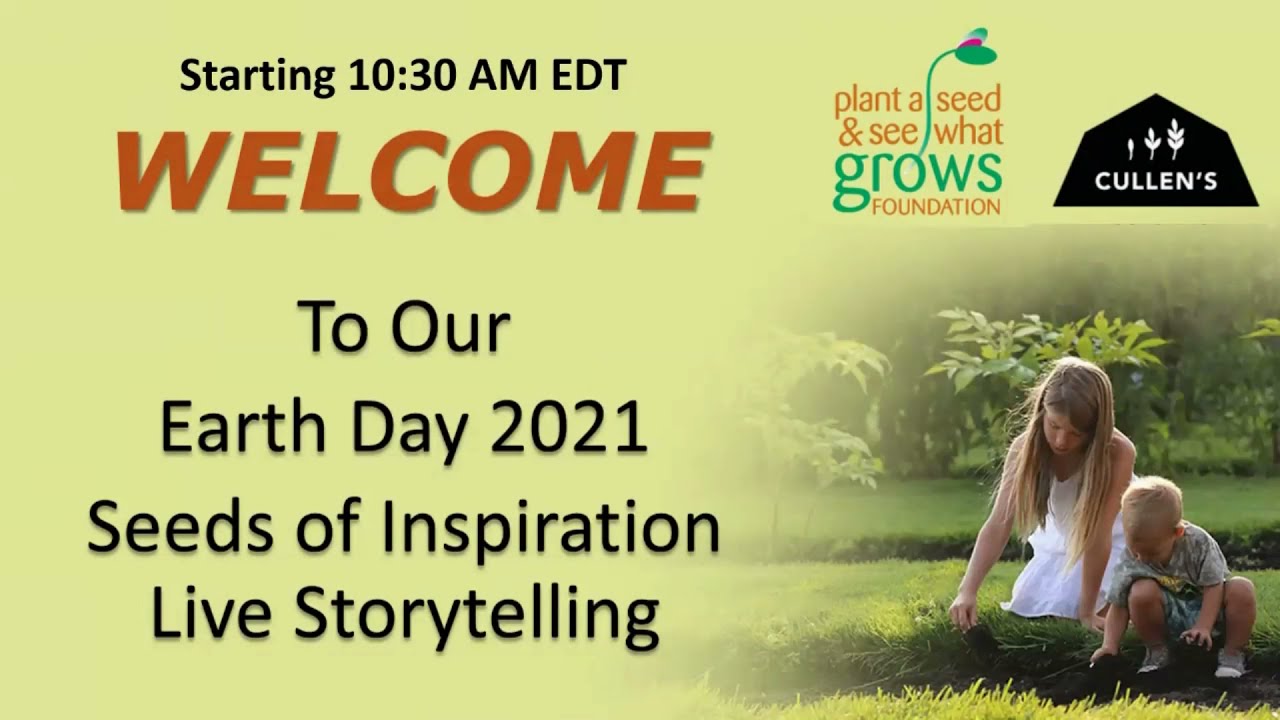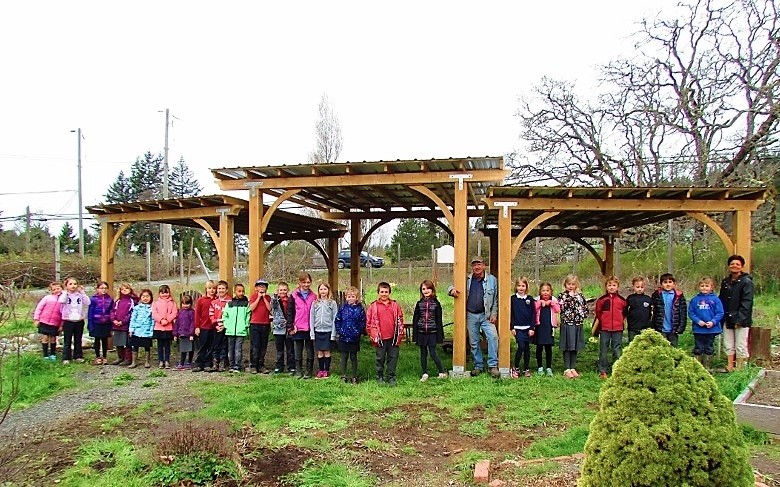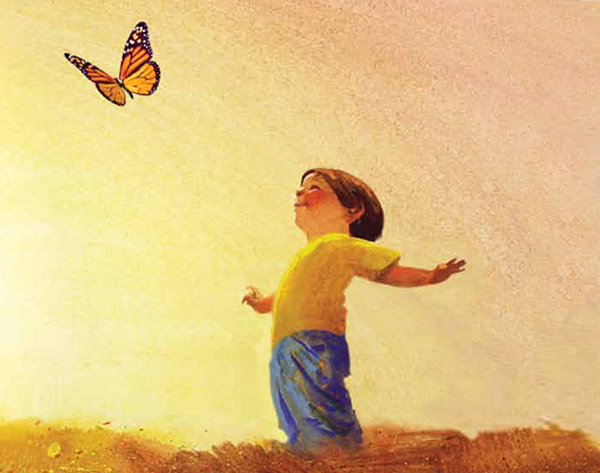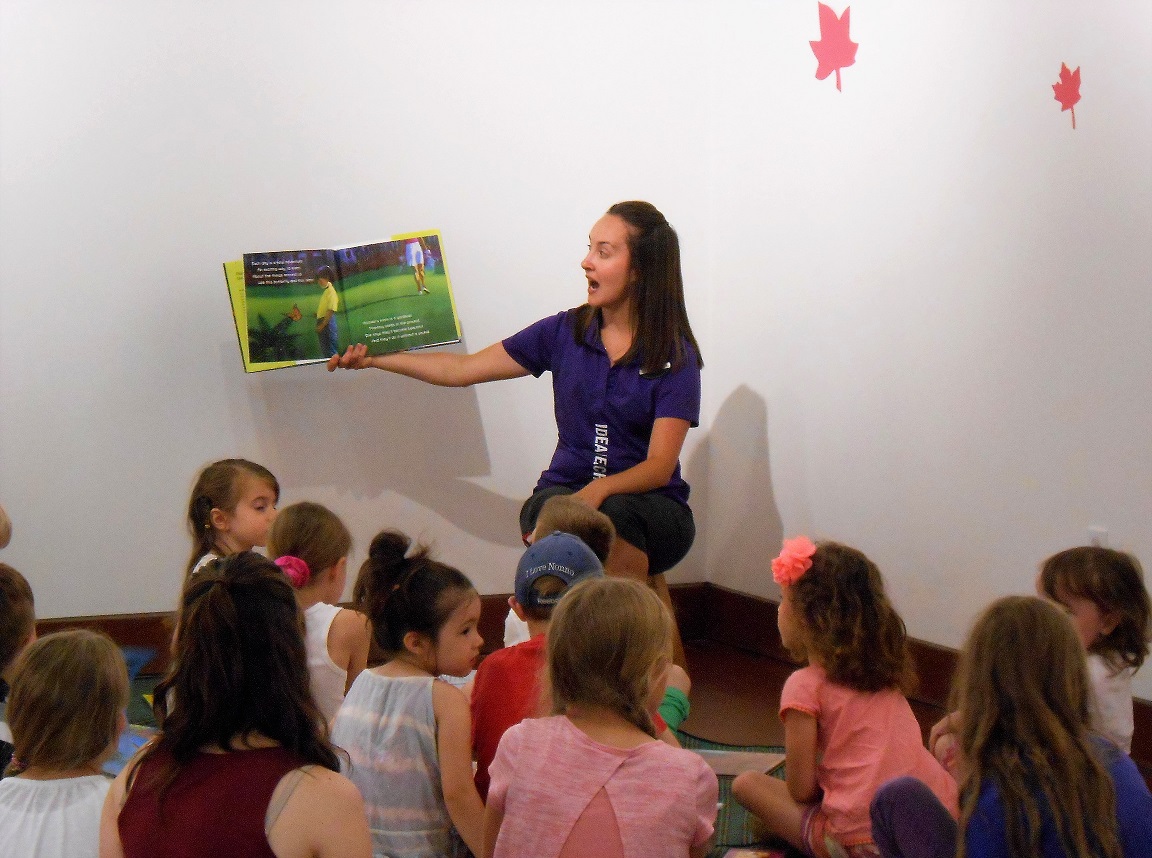How to Teach Kids to Dream BIG
The video above shines a spotlight on another super-kid who dreamed big, defied odds, and found success in something they are passionate about. Zuriel Oduwole’s story is inspiring to kids and parents alike. And as a parent, you want to know if there is anything you can do (and not do) to teach your child to dream big – really BIG. While we have covered related topics such as How Kids Can Overcome Fear and How to Teach Kids to Work Hard Toward a Goal, today’s discussion is more nuanced. It gets more to the core of what prevents children from going after the most whimsical of aspirations. When this happens, it ultimately robs the world of technical inventions, scientific innovations, and artistic creations that could exist and flourish if only emotional and mental barriers were removed. And yes, folks, some of these barriers may be projected in the communications between yourself and your child. Curious? Good, let’s review!
4 Powerful Tips to Teaching Your Young Child to Shoot for the Stars
I. Don’t Let Them Hear, See, or Feel Your Own Uncertainty
Your child will come to you one day (if they haven’t already) and tell you about a big dream that they have. When they do, your first thoughts may gravitate towards finances and the cost of putting them in a position to achieve that dream. Don’t let them hear, see, or feel your uncertainty about such things. When they do, they start running a calculus that makes them downgrade bigger dreams for ones that are more “practical” (a dangerous word). So instead of saying, “We can’t afford that unless you get a scholarship.” (even if true) wording it as “Your hard work can lead to a scholarship that will allow you to get into the best program!” phrases things in a way that focuses on opportunity, not constraint.
You may instead (or also) feel uncertainty regarding a talent or skill that your child currently lacks but is required to achieve their dream. Don’t express this to them either. Instead, do all that you can to help them learn this skill even if it does not come naturally to them. Remember, if your child has a dream, it means that the passion is already there. Passion is half of the battle towards goal achievement.
At the risk of using ethereal logic; things have a way of working out, as long as you clear the path.
II. Raising a Victor, Not a Victim
There is without a doubt value in teaching children about past wrongs done to a group of people that they may belong to, be it steeped in prejudice against a race, nationality, gender, or religion. However, it does not help them to do so in a manner that infers that it may impact their future aspirations. Avoid statements that make them feel as if they are entering a field of study with historical chips stacked against them. Even if there have been (and remain to be) prejudicial barriers to entry, communicating this to a young child only does them a disservice. It places a mental hurdle in front of their dream that may cause them to change their mind about following it. From there, they may pivot to something that they are less passionate about. Some parents and role models think that addressing historical prejudices can be motivating (“You could be the first!”). Although “becoming the first” to achieve something may become their reality, it may not always be the best motivator.
III. Challenges, Not Comparisons
Children are encouraged to not compare themselves against others, but against their own achievements. In this context of chasing big dreams, if a child compares themselves to their peers and they note that they may be “outperforming” their peers—they may scale-down their efforts. This is not helpful to them and their peers (who may look to them for inspiration)
As a somewhat heavy (but legitimate) example, a similar issue is known to persist amongst urban youth in impoverished communities. It has been embedded within community teen psyches that because they are not in trouble with the law, running with a gang, or using harmful substances, that they are doing good enough in life. This can result in complacency in maintaining status quo. Parents are often complicit, being happy to see that their kids aren’t getting caught up in the concerns of their environment. Meanwhile, teens in the suburbs and private schools a few short miles away are surrounded by cues to achieve big goals and big dreams.
If your child is blessed with being a big dreamer, ensure that they don’t scale back and get complacent in their current environment. This may involve finding more challenging programs (related to their interests) to get involved in as a supplement to their current academic responsibilities. Or, it may even involve considering a new school that focuses more on their passion and talents. This is what gave birth to arts-based, hands-on, and creative high schools in Canada, USA, and around the world. It needn’t be as dramatic as transitioning from one type of educational program to another, but there will be a supplementary program out there that will better challenge your aspirational child.
IV. Can’t Get No Satisfaction
The kids we feature in our Inspiring Minds, Inspiring Finds video series achieved dreams that they had at an early age. Do you think they stopped there? Google the names of each and you’ll find that as they grew, their dreams grew, and they set bigger goals for themselves. If you find that your child is hitting their goals, encourage them to swing for the fences and strive for even grander ones. While they should absolutely revel in their successes, teach them to recognize that these successes are stepping stones to something even more amazing. Aimed for the moon and hit it? Awesome, now let’s find out what’s in the galaxy next door!

The Plant a Seed & See What Grows Foundation works tirelessly to inspire and promote holistic health and wellness for kids across Canada. Help us help the next generation by pledging your support too! View more on how you can get involved.








